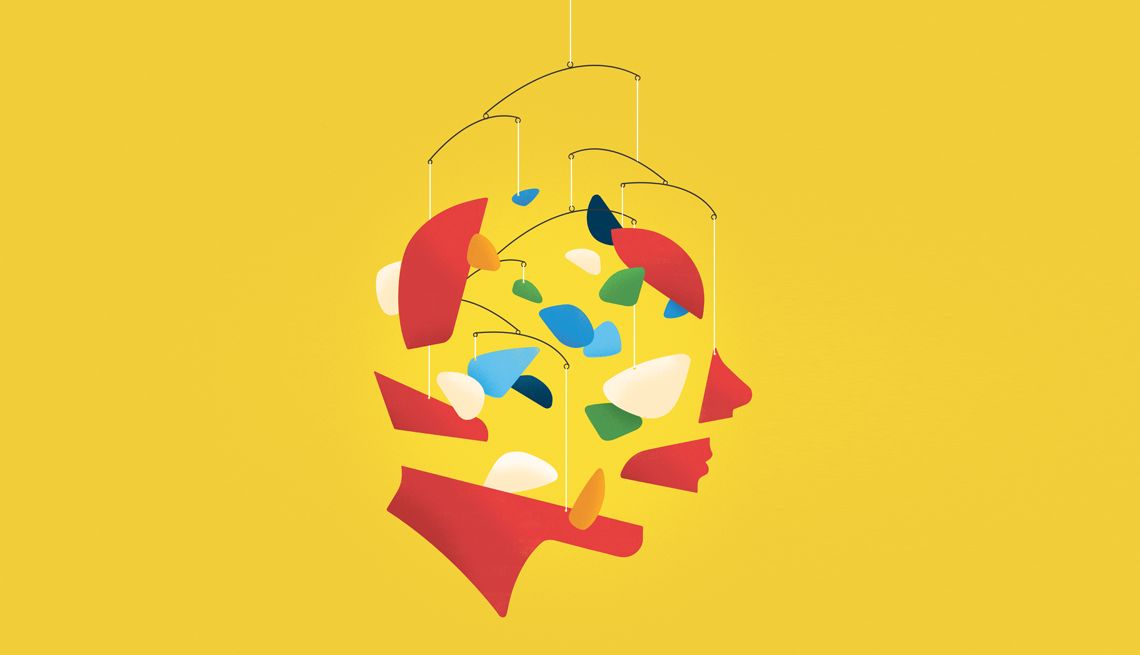
How Important Is Socializing to Your Brain Health?
- Select a language for the TTS:
- UK English Female
- UK English Male
- US English Female
- US English Male
- Australian Female
- Australian Male
- Language selected: (auto detect) - EN
Play all audios:

Chris Gash Facebook Twitter LinkedIn Question 1 of 8
If you eat a healthy diet and exercise regularly, you don’t need to worry about fitting in social time.
True FalseHaving strong social connections is every bit as important as diet and exercise for health and well-being.
Question 2 of 8Chronic loneliness and social isolation can up the risk of developing dementia by how much in older adults?
10 percent 25 percent 75 percent 50 percentHaving a wider social network and more frequent social engagements are associated with better cognitive function and lower dementia risk, according to former U.S. surgeon general Vivek
Murthy.
Question 3 of 8Loneliness is associated with which diseases?
Cardiovascular disease Dementia Depression All of the aboveFeeling isolated and lonely boosts risk for many of the big health issues that face older adults. It can be as bad as smoking 15 cigarettes a day.
Question 4 of 8What's a good way to boost social connection in your daily life?
Keep your phone next to you during family dinners Spend hours scrolling through social media. FOMO is the best! Maketime to be of service, through volunteering or community engagement Wait for others to invite you to get together.
Spending quality time with the people in your life is key. Service can be a great way to connect with others. Volunteering is linked to greater mental well-being, self-esteem and life
satisfaction, according to a 2023 review of decades of studies of mainly older adults.
Members only Unlock Access to AARP Members Edition
Join AARP to Continue Already a Member? Login
